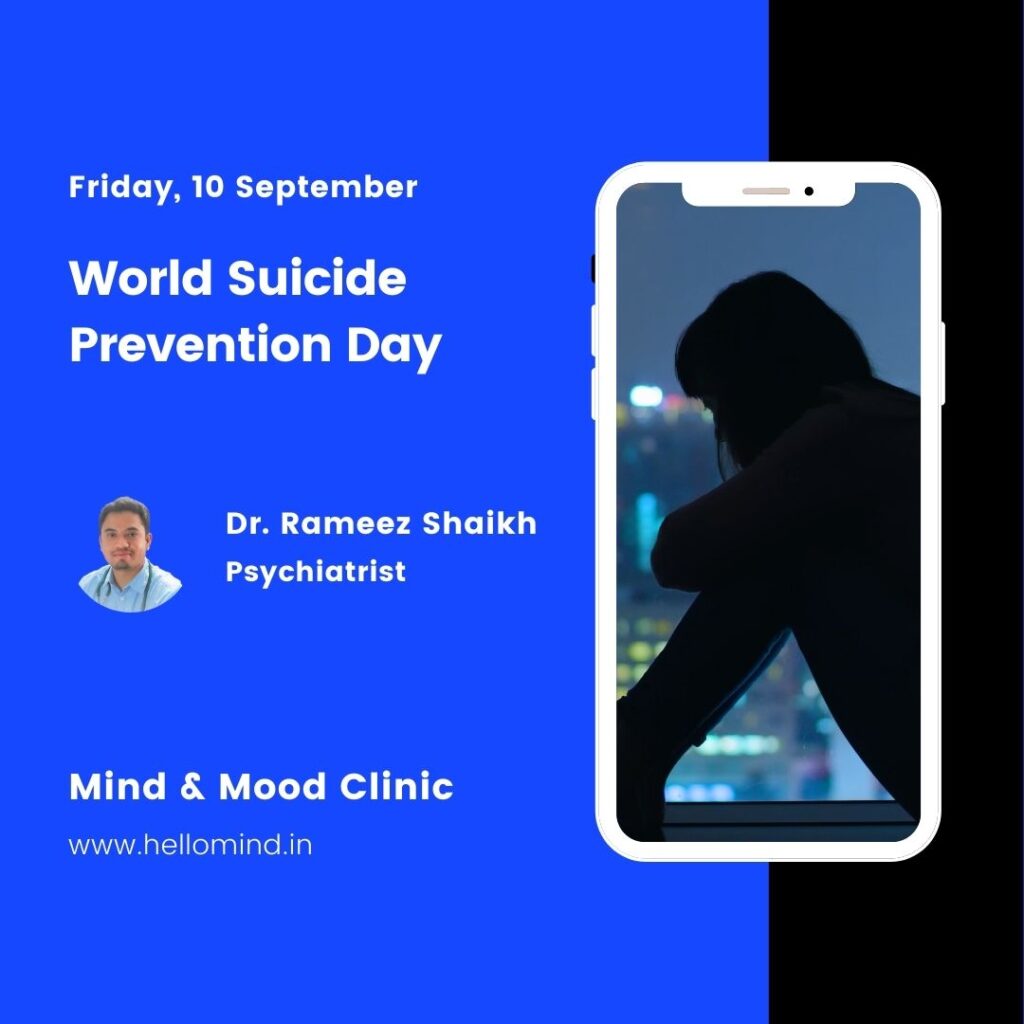India reported an average 381 deaths by suicide daily in 2019, totalling 1 lakh 39 thousands fatalities over the year, according to the latest National Crime Records Bureau 2019 data. Worldwide, the suicide rates for middle-aged Americans are on the rise, which is particularly alarming given the negative health effects typically associated with aging.
According to a new study, middle-aged Americans (age 45-64) are now more than twice as likely to kill themselves as they were in 1995; approximately 13.7 per 100,000 people will die by suicide during that period. And while this trend is not apparent for all age groups, it is very significant for people of color. The study found that black people commit suicide at 2x the rate of white people and Hispanic/Latino individuals at over 4x the rate; Asian individuals have the lowest rates of any demographic studied (2x).
Given the growing complexity of the human condition, it’s not useful to talk about suicide as an “accident” or a “tragedy” – at least not without a full understanding of the problem. In my own practice, I often see that people tend to focus on the physical effects of personal tragedy – losing a loved one, witnessing a child self-injure – rather than really examining what is going on for them psychologically. As a psychotherapist, I have long been interested in suicide as a possibility for these individuals and have studied it with particular attention by way of its potential similarities with trauma.
The work that I do with people suffering from depression and suicidality is very much informed by my own experience as a survivor of self-injury. My goal is to support people in finding the best way to turn toward what they are feeling. By turning toward their feelings in a kind manner, they are able to become more conscious of what’s happening in their bodies when they are triggered. By becoming aware of these sensations in their bodies without reacting with fear or dissociation, people are able to respond in more meaningful ways.
Dr. Rameez Shaikh, a Psychiatrist in Nagpur believes there are several basic requirements for recovery from depression and suicidality. These include:
1) Receiving adequate psychotherapeutic attention
2) Helping people become more comfortable with the issues that bring them to therapy
3) Learning how to maintain a presence of mind when faced with intense feelings
4) Learning how to turn toward what is happening in their bodies, without fear or dissociation. This re-alignment is necessary for the integration of unconscious material into the conscious mind. When this occurs, people can learn how to work through their emotions rather than experiencing them as overwhelming forces.

Dr. Rameez Shaikh (MBBS, MD, MIPS) is a consultant Psychiatrist, Sexologist & Psychotherapist in Nagpur and works at Mind & Mood Clinic. He believes that science-based treatment, encompassing spiritual, physical, and mental health, will provide you with the long-lasting knowledge and tool to find happiness and wholeness again.
Dr. Rameez Shaikh, a dedicated psychiatrist , is a beacon of compassion and understanding in the realm of mental health. With a genuine passion for helping others, he combines his extensive knowledge and empathetic approach to create a supportive space for his patients.

